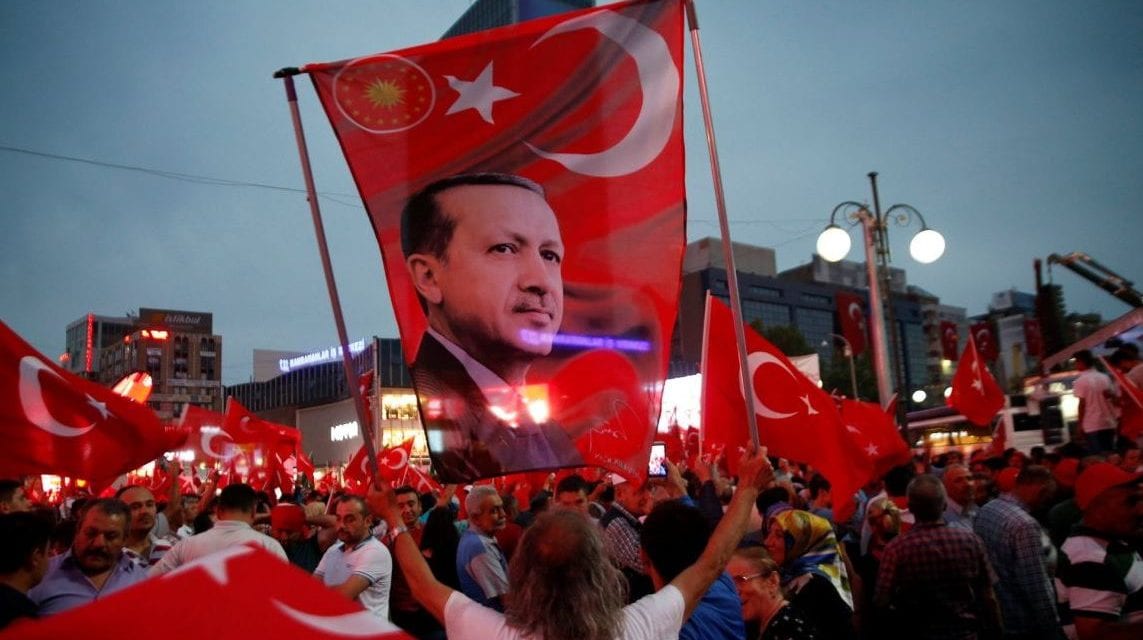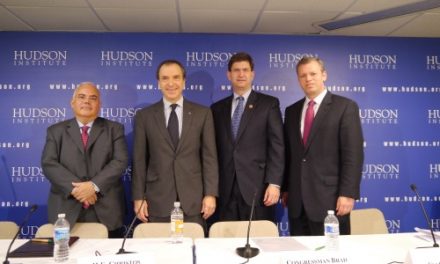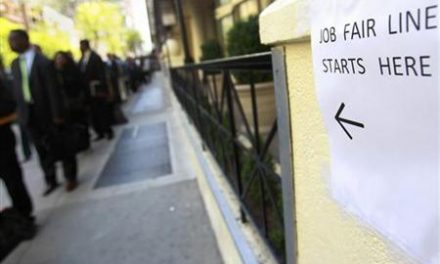by Michael Rubin, Washnigton Examiner
I have written much over the years about Turkey’s complicity with terrorism over the pastdecade. Interviews with a captured Islamic State prisoner, however, make clear that President Recep Tayyip Erdogan’s terror complicity is worse than many imagined, and not just because his son-in-law was dealing in Islamic State oil. Consider this piece from Homeland Security Today based on prison interviews with Abu Mansour al Maghrebi, the Islamic State’s liaison with Turkey’s intelligence service:
Anne Speckhard and Ardian Shajkovci, respectively director and senior fellow of the International Center for the Study of Violent Extremism, further detail how Abu Mansour became the Islamic State’s de facto ambassador:
‘When we ask who exactly in the Turkish government was meeting ISIS members, he states, ‘There were teams. Some represent the Turkish intel, some represent the Turkish Army. There were teams from 3-5 different groups. Most meetings were in Turkey in military posts or their offices. It depended on the issue. Sometimes we meet each week. It depends on what was going on. Most of the meetings were close to the borders, some in Ankara, some in Gaziantep.”
‘When he mentions meeting Turkish government officials in Ankara, the capital of Turkey, we suddenly upgrade him in our minds to an ISIS ambassador, which is indeed how he was functioning. ‘I passed the borders and they let me pass. [At the border,] the Turks always sent me a car and I’m protected. A team of two to three people from our side were with me. I was in charge of our team most of the time.”
The entire article is worth reading, as Abu Mansour explains different aspects of foreign fighter missions, weapons procurement, oil sales, and Turkey’s double game with the West. Some of what Mansour may say is likely exaggeration, as this Twitter critic points out — then again, most prisoners or defectors seek to inflate their importance — and there are some mistranslations in the article: Erdogan never fought in Afghanistan although he did support the “jihad” there, and cultivated a close relationship with Gulbuddin Hekmatyar, whom the CIA cut ties with and whom the State Department designated a terrorist.
Still, even if Abu Mansour exaggerates, much of his confession remains relevant and there can be no denying that Erdogan’s Turkey is a terror sponsor and that Erdogan is a dishonest and duplicitous partner. The real questions, then, are:
- Why are Erdogan, his family, and senior officials in his government still welcome in the United States?
- Given Turkey’s apparent complicity with the Islamic State, should its state airline, already under the spotlight for weapons smuggling, have landing rights in U.S. airports?
- Why would any member of Congress still have their name attached to the Turkish Coalition of America’s Turkey Congressional Caucus?
- Why is there still any discussion whatsoever of Turkey ever receiving the F-35 Joint Strike Fighter?
Michael Rubin (@Mrubin1971) is a contributor to the Washington Examiner’s Beltway Confidential blog. He is a resident scholar at the American Enterprise Institute and a former Pentagon official.



















